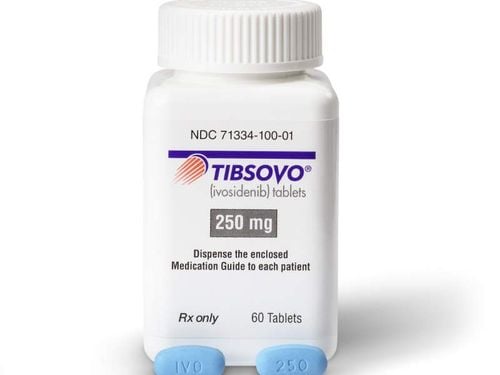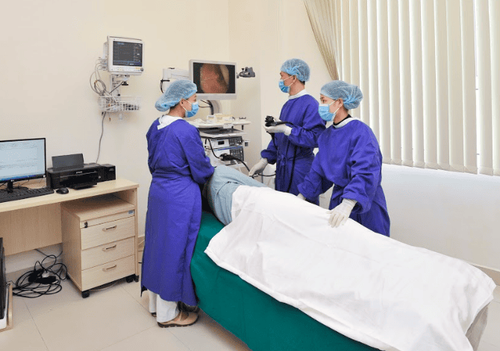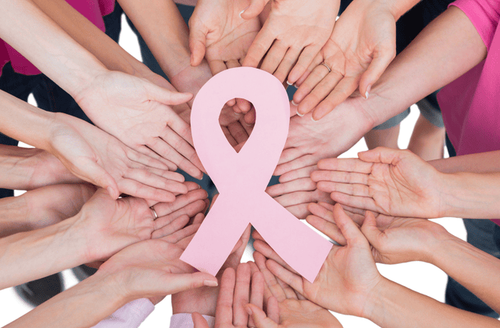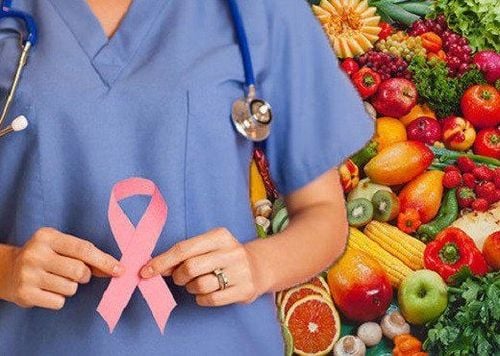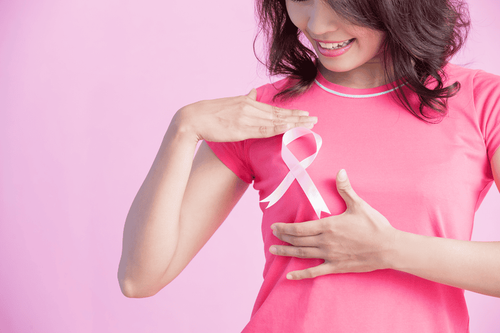This is an automatically translated article.
This article was written by doctors of Internal Oncology Department, Vinmec Times City International General Hospital.Breast cancer is one of the 10 most common cancers in Vietnamese women. The age of breast cancer tends to be younger, with breast cancer patients in their teens with the average age of only about 30 years old.
1. The age of breast cancer in women is getting younger
Breast cancer is the most common cancer in women, leading to high morbidity and mortality. Breast cancer is the leading cause of cancer death in women worldwide. The incidence of breast cancer varies from country to country, with incidence highest in the United States and North America and lowest in Africa and Asia. Breast cancer alone accounts for 25% of all cancers and 15% of cancer deaths among women. The incidence of the disease increases by up to 5% per year. Countries in Asia, which account for 59% of the world's population, have the highest rates of breast cancer, with 44% of deaths.According to a new study published recently in the journal Cancer Surgery, patients under the age of 40 with breast cancer tend to have the disease in more advanced and dangerous stages. The rate of HER2-positive or triple-negative breast cancer (TNBC) is more common in this group of patients and also requires stronger treatment.
Actually, young people rarely get breast cancer, the rate is 1.8% of patients 20 to 34 years old and 8.7% from 35 to 44 years old. Adolescent and young patients – ages 15 to 39 years, relatively short. Despite this, breast cancer remains the leading cause of cancer death in women in this age group.
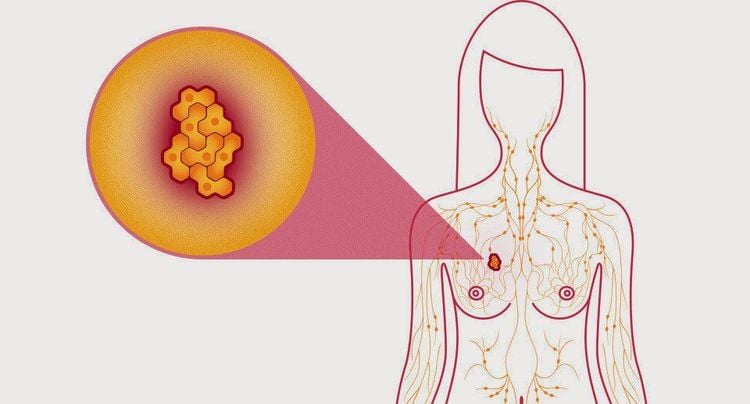
Độ tuổi mắc ung thư vú ở phụ nữ ngày càng trẻ hóa
2. Characteristics of breast cancer in adolescent patients
In a US study based on the National Cancer Database, researchers identified a total of 46,265 adolescent patients with stage 0-3 breast cancer diagnosed and compared with 169,423 patients aged 40 to 49 years.Juvenile breast cancer patients often present at a later stage. Among patients aged 15 to 29 years, 48.2% were diagnosed with stage 2 breast cancer and 17.3% presented with stage 3 disease. For those aged 30 to 39 years, these rates that is 43.8% for stage 2 and 13.6% for stage 3; for control group patients aged 40 to 49 years, the rates were 29.9% and 7.7%, respectively (P<0.001 for each comparison pair).
HER2-positive patients are also more common in younger patients. In people aged 15 to 29 years, 29.9% had HER2-positive breast cancer; in people aged 30 to 39 years, that rate was 25.5%, and 18.6% among people aged 40 to 49 years (P < 0.001).
Triple-negative breast cancer is also more common. In the three age groups, the rate of triple negative breast cancer was 23.7%, 20.9% and 13.8%, respectively (P < 0.001). Many patients in the 40- to 49-year-old group are hormone receptor-positive and HER-2-negative.
Among patients treated with surgery, adolescent patients were more likely to require mastectomy (69.2%) than patients in their forties (49.5%; P <0.001). Radical mastectomy was performed in 75.4% of the youngest cohort, compared with only 68.5% of those aged 30 to 39 years (P < 0.001). Similarly, adolescent patients tended to receive chemotherapy for invasive disease compared with patients aged 40 to 49 years (P < 0.001).
According to the authors, consideration of treatment decisions is not based on clinical practice guidelines and/or patient wishes, but on tumor biology, but on patient preferences. effect of age of disease.
Experts note that the management of breast cancer in young patients is complicated by considerations of fertility and later pregnancy, and the fact that adolescent patients receive little attention in their treatment. clinical trials. In the Journal of Surgical Oncology earlier this year, Pridvi Kandagatla, of the University of Michigan, wrote that the management of breast cancer in young patients requires a multidisciplinary approach.

Nên kiểm soát ung thư vú trước khi mang thai
Breast cancer screening is the best way to detect and treat breast cancer early. The breast cancer screening package at Vinmec International General Hospital helps detect breast cancer early even when there are no symptoms, thereby having an appropriate treatment regimen, minimizing health effects. and fertility after treatment.
Please dial HOTLINE for more information or register for an appointment HERE. Download MyVinmec app to make appointments faster and to manage your bookings easily.
Reference source: Cancer network 2019



